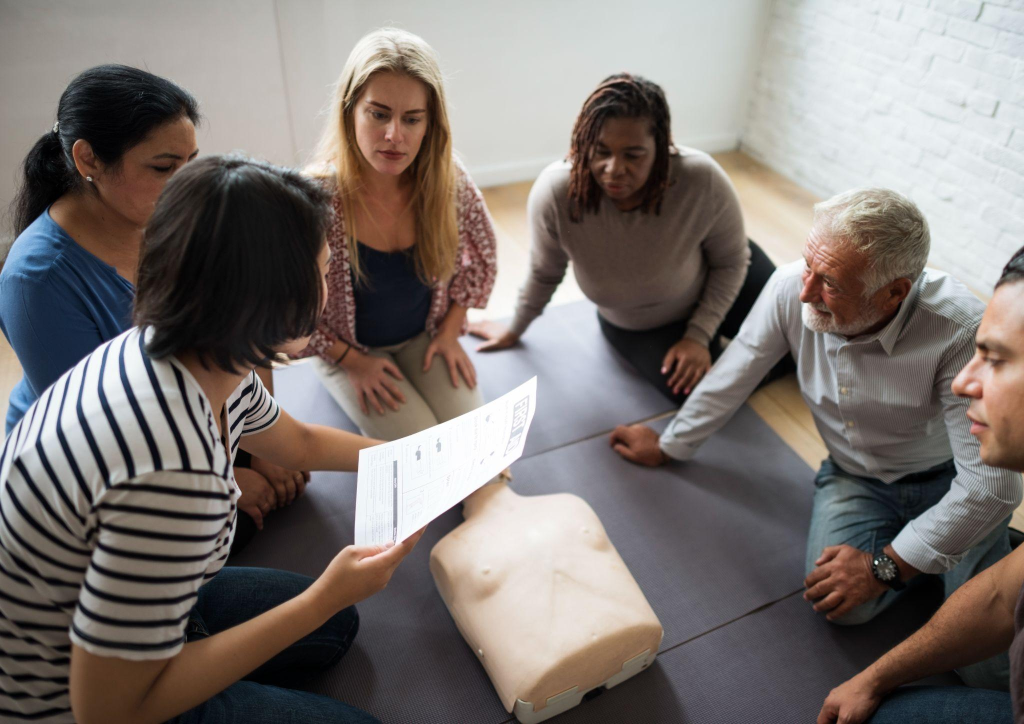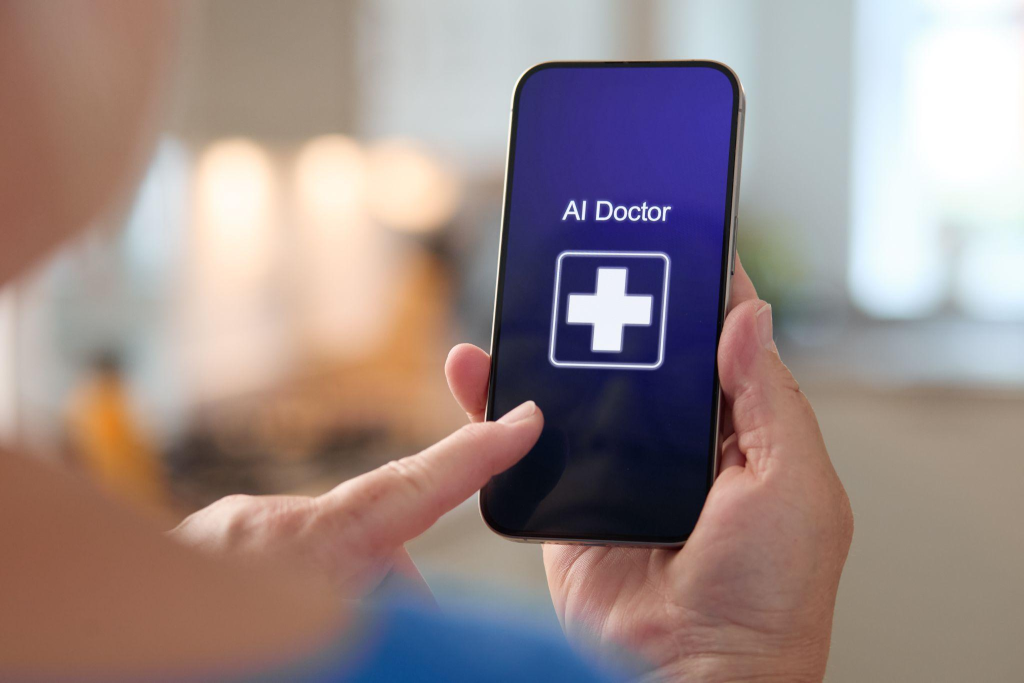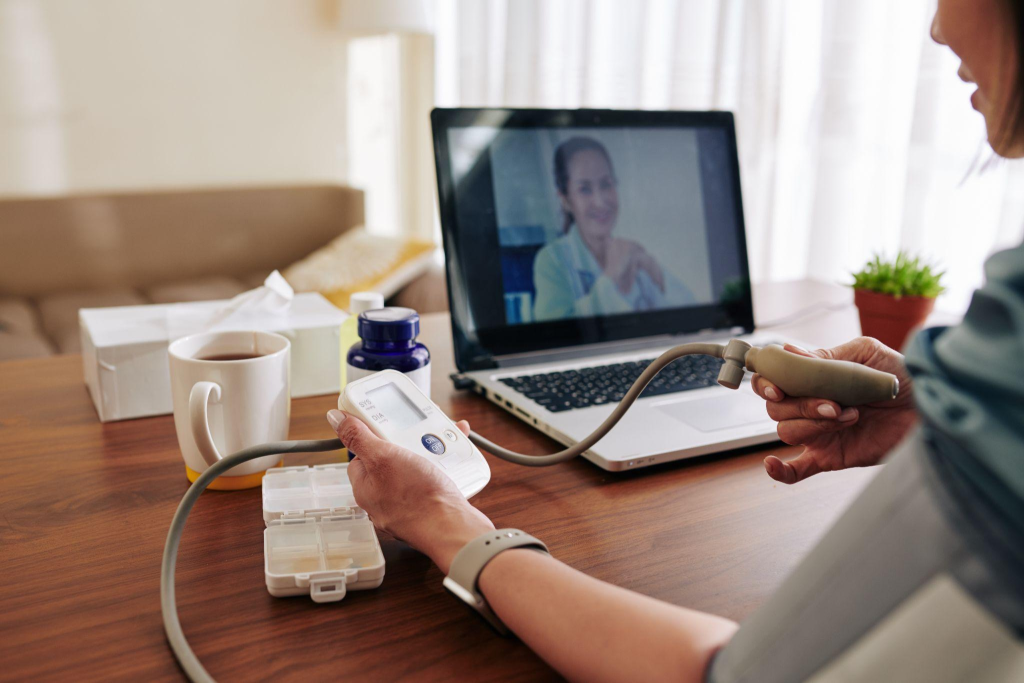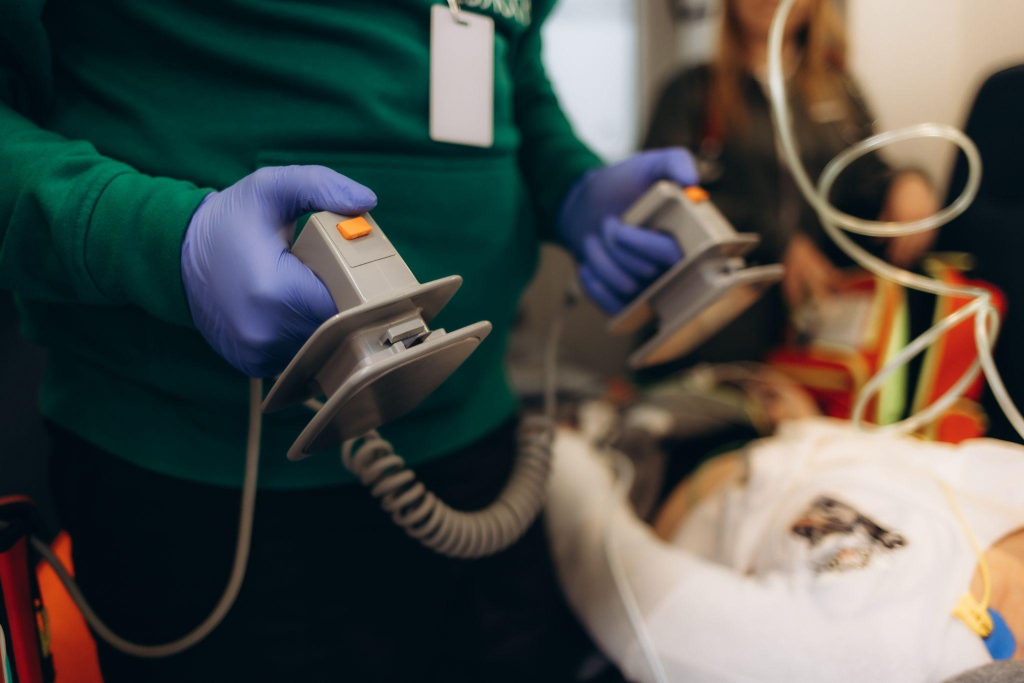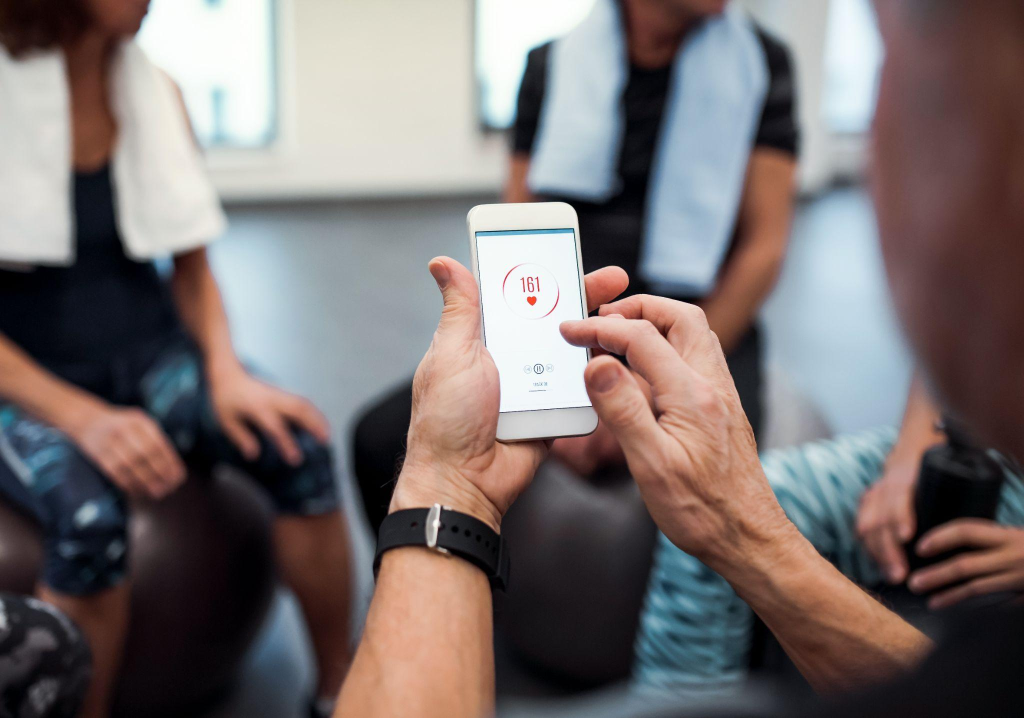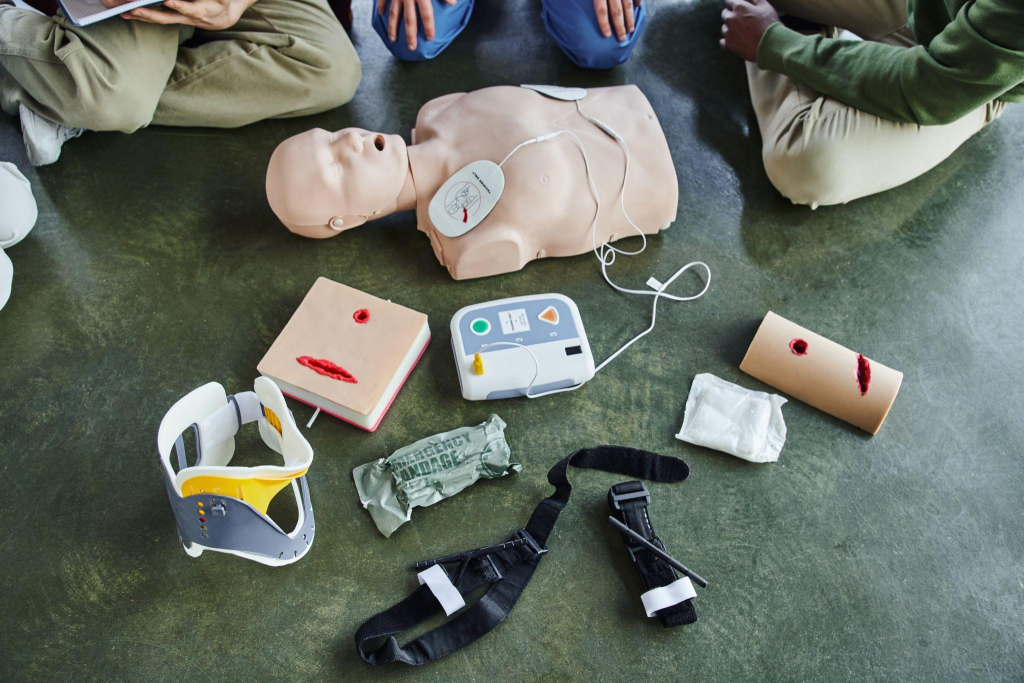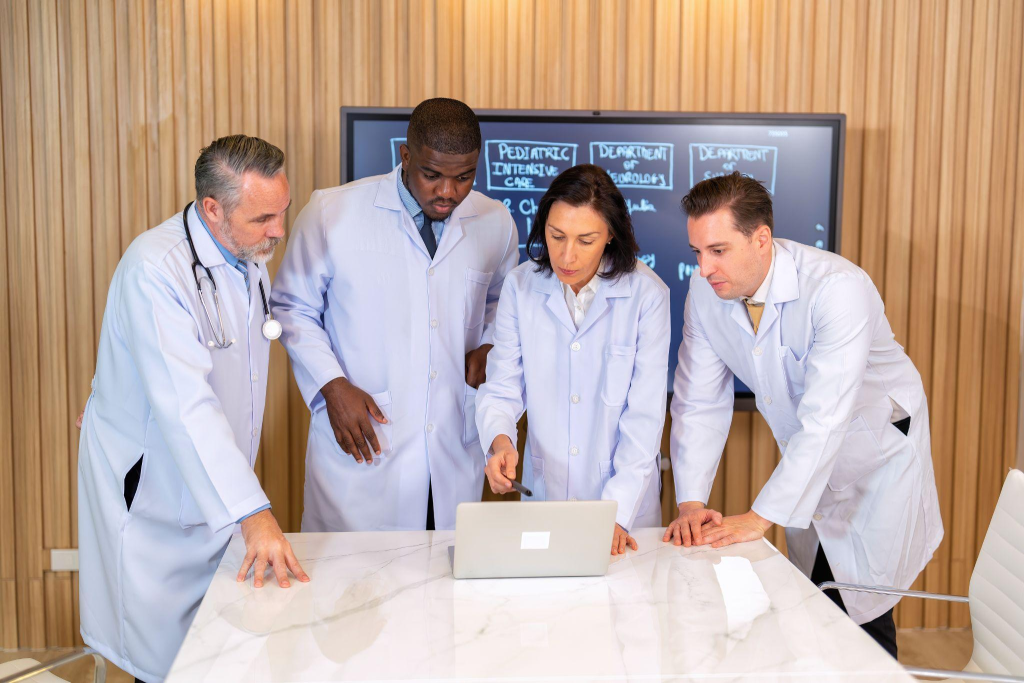Advanced Cardiovascular Life Support (ACLS) has been a cornerstone of emergency cardiac care for decades. As medical technology and our understanding of cardiovascular emergencies continue to evolve, it’s crucial to anticipate the future of ACLS and how these advancements will shape patient care.
In the coming decade, ACLS is poised to undergo significant transformations driven by cutting-edge technologies, new treatment strategies, and a growing emphasis on personalized medicine. These changes will not only improve patient outcomes but also revolutionize the way medical professionals approach cardiac emergencies.
From artificial intelligence-powered decision support systems to telemedicine-enabled remote guidance, the future of ACLS promises to be more intelligent, connected, and patient-centric than ever before. As we stand on the brink of this new era, it’s essential for healthcare providers to stay informed about the trends shaping the future of ACLS and prepare themselves for the exciting advancements ahead.
What is Advanced Cardiovascular Life Support (ACLS)?
Advanced Cardiovascular Life Support (ACLS) refers to a set of clinical interventions for the urgent treatment of cardiac arrest, stroke, and other life-threatening cardiovascular emergencies. It provides a systematic approach to treating these conditions through early recognition and interventions like CPR, defibrillation, and medications.
ACLS builds upon the foundation of Basic Life Support (BLS) by adding more advanced techniques and decision-making algorithms. The goal of ACLS is to restore adequate circulation and oxygenation to the brain and other vital organs, preventing irreversible damage and improving the chances of survival.
Key components of ACLS include:
- Rapid assessment: Quick identification of signs and symptoms indicating a cardiovascular emergency
- High-quality CPR: Maintaining proper chest compression depth, rate, and minimizing interruptions
- Defibrillation: Delivering electrical shocks to restore normal heart rhythm in cases of ventricular fibrillation or pulseless ventricular tachycardia
- Airway management: Ensuring open airways and providing ventilation support as needed
- Pharmacological interventions: Administering medications such as epinephrine, amiodarone, or vasopressors to support circulation and treat underlying causes
ACLS protocols are based on the latest scientific evidence and guidelines from organizations like the American Heart Association (AHA), the International Liaison Committee on Resuscitation (ILCOR), and American College of Cardiology resources. These guidelines are periodically updated to reflect new research findings and best practices.
Effective ACLS requires a well-coordinated team approach, with each member having clearly defined roles and responsibilities. Ongoing training and certification, such as those offered by Affordable ACLS, ensure that healthcare professionals maintain their skills and stay current with the latest ACLS guidelines.
As technology and medical knowledge continue to advance, the future of ACLS holds exciting possibilities for improving patient outcomes and saving more lives. In the following sections, we’ll explore some of the key trends and advancements shaping the future of ACLS over the next decade.
The Integration of Artificial Intelligence and Machine Learning in ACLS

The incorporation of Artificial Intelligence (AI) and machine learning holds transformative potential for Advanced Cardiovascular Life Support (ACLS). These technologies are poised to enhance emergency cardiovascular care through real-time data analysis. By leveraging AI algorithms, clinicians can gain unprecedented insights into patient conditions, allowing for timely and precise interventions tailored to individual needs.
AI-driven systems excel in processing complex datasets, surpassing traditional diagnostic methods in speed and accuracy. These systems analyze subtle indicators within patient data to identify potential cardiac events before they manifest clinically, leveraging advanced treatments and cutting-edge technologies. This capability allows healthcare providers to initiate interventions at the earliest possible stage, thereby maximizing the chances of successful outcomes.
Machine learning facilitates the development of personalized treatment protocols in ACLS. By evaluating a patient’s unique health profile and risk factors, these algorithms can customize interventions to optimize care delivery. This approach not only improves the precision of medical interventions but also enhances the overall efficiency of emergency response efforts. As these intelligent technologies become more integrated into ACLS practices, they promise to redefine the standards for managing cardiovascular emergencies.
The Rise of Telemedicine in ACLS Care Delivery
Telemedicine has become a game-changer in the realm of Advanced Cardiovascular Life Support (ACLS), offering the ability to connect patients with critical care resources irrespective of their location. This technological advancement allows medical professionals trained in ACLS to provide remote support, enhancing the capabilities of on-site responders. By leveraging virtual consultations and seamless data exchanges, telemedicine effectively minimizes geographical barriers, ensuring that vital medical interventions are readily accessible in all settings.
The deployment of teleconsultation in ACLS protocols significantly elevates the standard of care provided during emergencies. This approach democratizes access to specialized expertise, extending it beyond urban healthcare facilities to the most remote areas, supported by comprehensive cardiac care services. The real-time consultation capabilities ensure that complex medical decisions are backed by expert input, which is crucial for optimizing patient outcomes in life-threatening situations.
Wearable technology plays a crucial role in augmenting the effectiveness of telemedicine in ACLS. These devices offer continuous monitoring of crucial health metrics, allowing for the early identification of potential cardiac issues. Upon detection of irregularities, alerts can prompt an immediate response from healthcare providers, facilitating the prompt initiation of ACLS protocols. This forward-thinking strategy not only accelerates treatment timelines but also significantly boosts the overall success of emergency cardiovascular interventions. Through these innovations, telemedicine is reshaping ACLS, paving the way for a more integrated and responsive approach to cardiac care.
Advancements in ACLS Technology and Devices
The landscape of Advanced Cardiovascular Life Support (ACLS) continues to evolve with groundbreaking technological innovations aimed at enhancing the efficacy and reach of life-saving interventions. One such advancement is the development of intelligent defibrillation systems. These systems now incorporate advanced software capabilities, offering precise rhythm interpretation and delivering tailored CPR guidance. This enhancement ensures that both medical professionals and laypersons can respond to cardiac emergencies with increased accuracy and confidence.
Portable mechanical CPR devices are becoming increasingly sophisticated, designed to provide consistent and effective chest compressions. These devices are now more lightweight and user-friendly, making them ideal for use in various settings, including pre-hospital environments. By ensuring high-quality compressions, these devices play a critical role in improving patient outcomes during resuscitation efforts, thereby reducing the physical burden on responders.
In addition to these physical devices, virtual reality (VR) is emerging as a key player in ACLS training and intervention support. By creating immersive and realistic simulations, VR technology enhances the training experience, allowing healthcare providers to practice and refine their skills in a controlled environment. During live interventions, VR can also provide visual assistance, guiding responders through complex procedures and ensuring adherence to best practices. These technological advancements highlight the ongoing commitment to advancing ACLS practices and improving patient care.
The Evolving Role of Genomics and Precision Medicine in ACLS
The integration of genomics into Advanced Cardiovascular Life Support (ACLS) is ushering in a new era of targeted interventions and preventive strategies. By utilizing genetic profiling, healthcare providers can pinpoint individuals who are genetically predisposed to cardiovascular risks, allowing for tailored medical plans that prioritize early interventions. These advancements ensure timely and precise care for those at increased risk, thus optimizing treatment efficacy.
Pharmacogenomics plays a pivotal role in refining the effectiveness of ACLS treatments by tailoring drug therapies to align with a patient’s unique genetic makeup. This alignment reduces the likelihood of adverse reactions and enhances the therapeutic outcomes of administered medications. By combining genetic data with pharmacological strategies, medical professionals can make more informed decisions, resulting in more accurate and effective emergency responses.
Precision medicine within ACLS extends beyond immediate treatment, incorporating preventive measures aimed at reducing the incidence of cardiac events in vulnerable populations. Genetic screening enables the identification of individuals who would benefit from specific lifestyle changes, monitoring, and preemptive medical interventions, including those offered by pediatric cardiology programs. This strategic approach not only addresses current health concerns but also empowers patients to proactively manage their cardiovascular health, marking a significant shift towards anticipatory healthcare solutions in ACLS.
The Growing Importance of ACLS Education and Training

As ACLS technologies evolve, so must the methods for preparing medical professionals to utilize these advancements effectively. Simulation-based training is revolutionizing this preparation, offering healthcare providers realistic, interactive scenarios that mimic actual emergencies. These advanced simulations provide a safe environment for practitioners to practice new techniques and protocols, building proficiency and confidence without real-world risks. Such experiential learning is critical for mastering complex ACLS interventions and ensuring readiness for high-stakes situations.
The expansion of online and mobile learning platforms has dramatically increased the accessibility of ACLS education. These digital tools offer flexible, self-paced learning opportunities, making it possible for professionals to engage with the latest educational content anytime, anywhere. This approach supports continuous professional development, allowing practitioners to keep pace with emerging technologies and guidelines. By harnessing these platforms, ACLS training can reach a broader audience, ensuring more healthcare providers are equipped with up-to-date knowledge and skills.
The ACLS curriculum is undergoing significant enhancements, integrating cutting-edge technologies and innovative treatment strategies. This updated curriculum places a renewed focus on interdisciplinary collaboration and communication skills, which are essential for effective team-based care. These elements ensure that practitioners not only possess the technical capability for ACLS procedures but also excel in coordinating and executing comprehensive patient care plans. As the landscape of ACLS continues to advance, robust and dynamic education and training will remain crucial for optimizing patient outcomes and maintaining high standards of care.
As the future of ACLS unfolds, it is clear that embracing these advancements will be essential for healthcare professionals to provide the highest level of care to their patients. By staying informed about these trends and investing in your own education and training, you can position yourself at the forefront of this exciting new era in emergency cardiovascular care. Purchase your certification or recertification course today and join us in shaping the future of ACLS.







